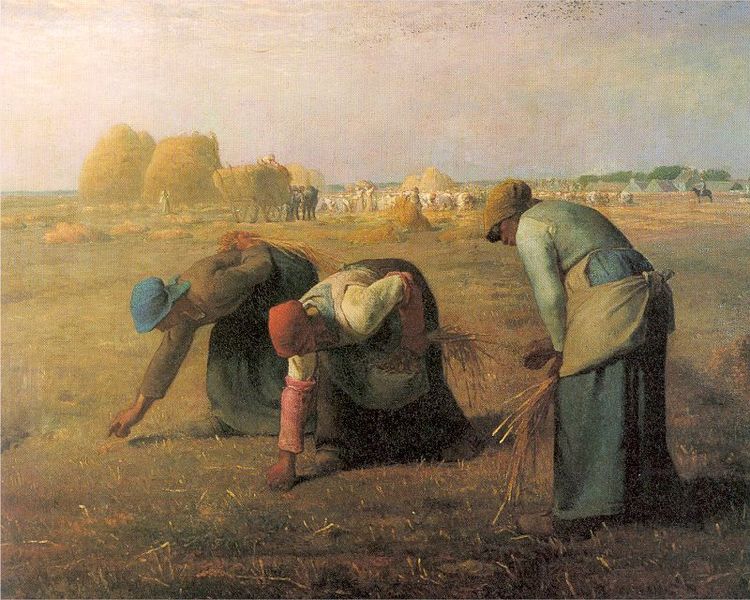Patrick Mascoe owes his first grade teacher a debt of gratitude. He failed him. And little Patrick, who had missed a lot of school because of asthma attacks, got a second chance to learn the fundamentals that were so necessary to ensure his success in future years. Patrick, now a teacher himself, credits that teacher with saving his entire school career. And his frustration is acute as he sees his attempts to do the same stymied by principals and parents who argue that it will damage the children's self-esteem.
He explained to my parents that without mastering the basics I would lag behind. He saw it more as an opportunity for me to learn what I had missed. I can honestly say that had I not repeated Grade 1, I probably would not have graduated from high school. My self-esteem wasn't a concern. My academic development was. Having obtained three university degrees (one in education), in retrospect my Grade 1 teacher did the right thing.
Had I grown up in today's education system, with its tendency to abolish student failure, I would not have been permitted to repeat Grade 1. Today's educational environment believes that failing is taboo. Students don't fail because it's deemed bad for their self-esteem. Feeling good about a subject is now more important than being good at it.
As teachers, we tell our students not to be afraid to ask questions, don't be afraid to make mistakes, and don't be afraid to fail because this is how we learn, but we are being hypocritical because rather than embracing failure as a method of learning, we are now being instructed by administrators to ignore it.
So the students go to the next grade anyway, sometimes with their basic skills years behind the proper levels. Their self-esteem is definitely upheld by being the stupid kid in the class, often being labelled "special needs" when their only special need is to learn discipline and responsibility. They learn the important lesson that effort and accomplishing goals is pointless; they will be rewarded no matter what they do. You can imagine what a useful preparation for the real world that is! They hit the job market full of confidence, knowing that no matter how poor their output, they will be promoted and praised nonetheless.
Not.
The foolishness of such an approach is so immense that it makes you wonder what planet the educators who support it come from. But unlike aliens, their existence can easily be demonstrated. They are in charge of the system.
They are undoubtedly the same ones who keep feeding the children the line: "Follow your dreams. Just believe in yourself, and whatever you want to be, you can be." This is nothing short of child abuse, in my mind.

I know I am offending the prevailing dogma here, but you can't sell a product like that without the appropriate warnings. It just ain't true in far too many cases. I personally have watched friends with tin ears and no rhythm convince themselves they can be musicians, squat homely girls dream of being fashion models, and do-nothing students persuade themselves that their future holds lucrative contracts as rap artists. An entire industry has been created to exploit these poor deluded fools and expose them to public ridicule. We all know that American Idol is just as much about mocking the losers - often viciously - as it is about helping the winners. We sell them the dream and then jeer at them as we brutally wake them.
Before you tell your children to pursue their dream, there are some important questions they need to ask themselves. Not only do they need to ask if they have the basic abilities necessary but it is also worth determining if the dream itself is worthy of pursuit. Martin Luther King, Jr.
had a dream worth pursuing. But most of the visions dancing in their heads are taudry affairs, toxic sugarplums of self-aggrandization and ego-inflation, the worship of celebrity rather than the creationof excellence.
If our children are taught to work toward dreams of excellence, not fame, and to cherish the process as much as the result, then they will not be crushed when the shoddy structure of fantasy castles collapses on them. Dreams rooted in reality and a worthy cause are the kind that they devote their lives too, becoming truly rich in the process.














